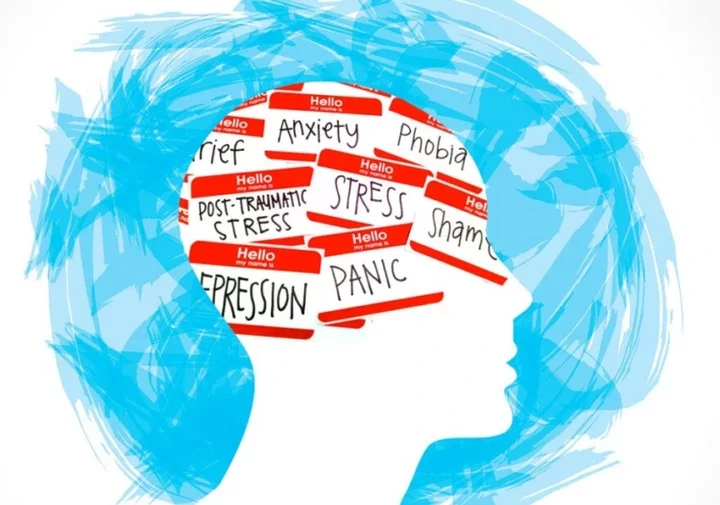
SURROUND YOURSELF WITH GOOD PEOPLE
People with strong family or social connections are generally healthier than those who lack a support network. Make plans with supportive family members and friends. Or seek out activities where you can meet new people.
LEARN HOW TO DEAL WITH STRESS
Like it or not, stress is a part of life. Practice good coping skills: Try One-Minute Stress Strategies, do Tai Chi, exercise, take a nature walk, play with your pet or try journal writing as a stress reducer.
QUIET YOUR MIND
Try meditating, Mindfulness and/or prayer. Relaxation exercises and prayer can improve your state of mind and outlook on life. In fact, research shows that meditation may help you feel calm and enhance the effects of therapy.
SET REALISTIC GOALS
Decide what you want to achieve academically, professionally and personally, and write down the steps you need to realize your goals. Aim high but be realistic and don't over-schedule.
BREAK UP THE MONOTONY
Although our routines make us more efficient and enhance our feelings of security and safety, a little change of pace can perk up a tedious schedule. Alter your jogging route, plan a road-trip, take a walk in a different park.
AVOID ALCOHOL AND OTHER DRUGS
Keep alcohol use to a minimum and avoid other drugs. Sometimes people use alcohol and other drugs to "self-medicate" but in reality, alcohol and other drugs only aggravate problems.
GET HELP WHEN YOU NEED IT
Seeking help is a sign of strength - not a weakness. And it is important to remember that treatment is effective. People who get appropriate care can recover from mental illness and addiction and lead full, rewarding lives.
















Comments